[PR] Face coverings will be required on Metro trains, buses, and in stations (Copy)
For immediate release: May 14, 2020
Metro General Manager Paul J. Wiedefeld today accepted a recommendation of the transit authority's Pandemic Task Force that face coverings or masks be required when traveling on Metro effective Monday, May 18. The move strengthens Metro's position on the matter, which has "strongly recommended" the use of face coverings since early April, in accordance with CDC guidance. While the overwhelming majority of riders already comply voluntarily, the requirement is viewed as a necessary step as Metro plans for an eventual recovery with more riders using the system.
"Every person who wears a face covering on Metro is helping to keep others safe, and this is especially important for Metro's frontline employees. In the age of Covid-19, we all share a responsibility for frontline worker safety, and that's what this is all about," Wiedefeld said.
Metro continues to emphasize that the policy will be applied to emphasize compliance while minimizing conflict. The requirement to wear face coverings applies in all Metro stations, trains, buses, and MetroAccess vehicles. Per the CDC, face coverings may include bandanas, scarves, neck gaiters or homemade coverings easily made from t-shirts or other materials at minimal cost. Medical-grade masks should be prioritized for first responders and hospitals and should not be used for this purpose.
Click here for guidance on how to make and wear cloth face coverings.
As a reminder, Metro is open for "essential travel only," and the public is encouraged to stay at home whenever possible, in accordance with current executive orders and guidance in effect throughout the region. For essential travelers, the Metrorail system is open from 5 a.m. until 9 p.m. on weekdays, and 8 a.m. until 9 p.m. on Saturdays and Sundays. Bus service on selected routes is provided daily until 11 p.m. Metro is performing enhanced cleaning and disinfecting in all trains, buses and stations, distributed hand sanitizer to all frontline employees without access to wash rooms, implemented rear-door boarding and waived fares on buses to protect bus operators, closed the first and last railcars to create a protective buffer for train operators and closed 19 stations to conserve limited cleaning supplies.

